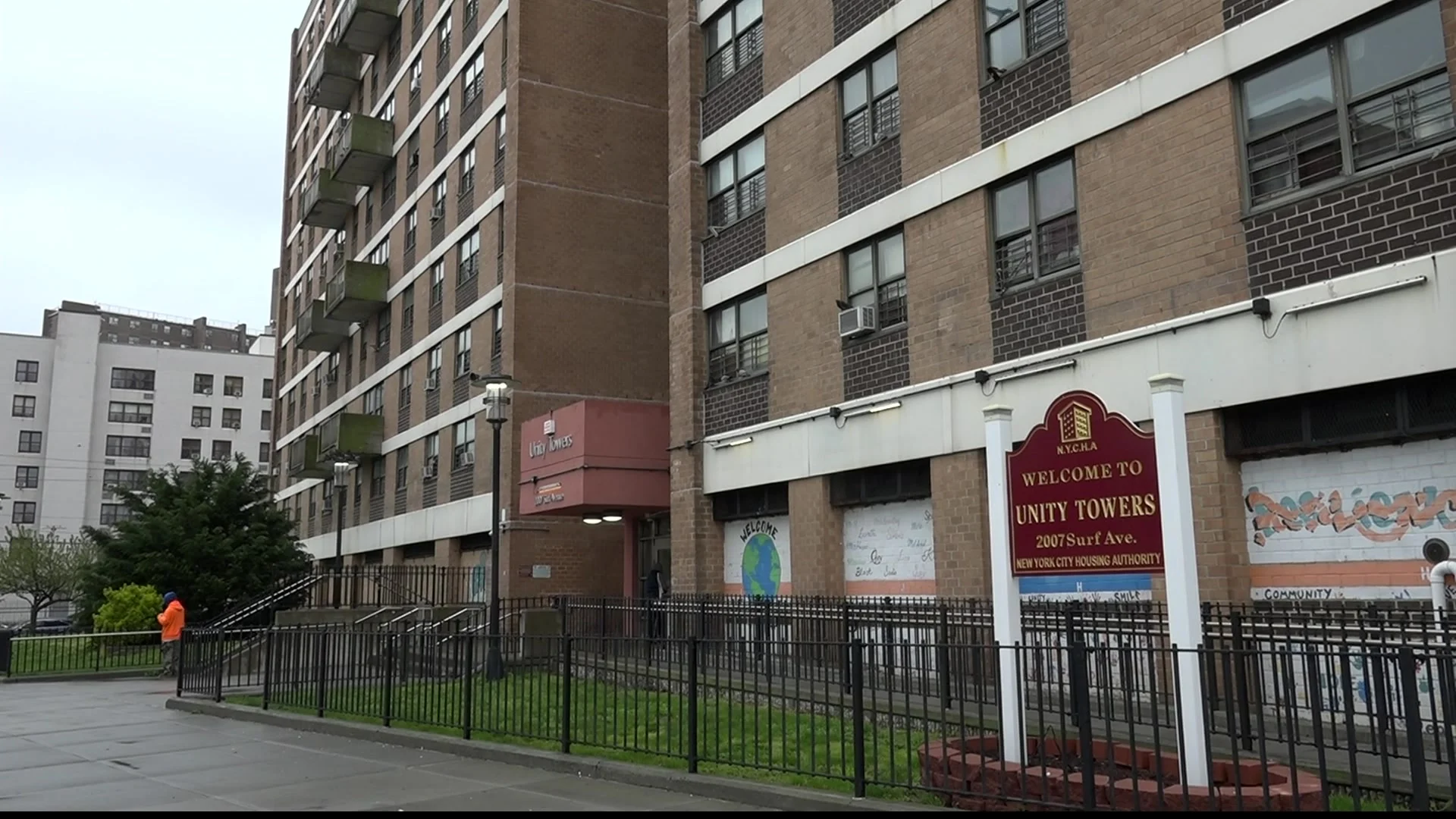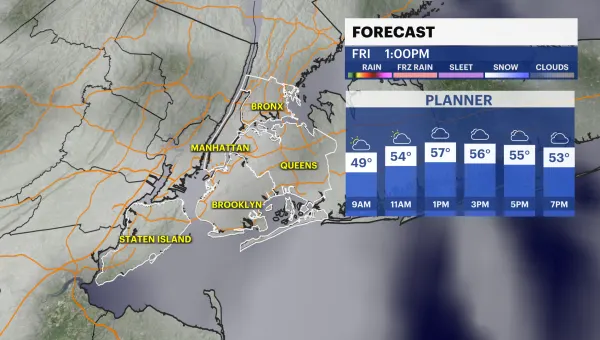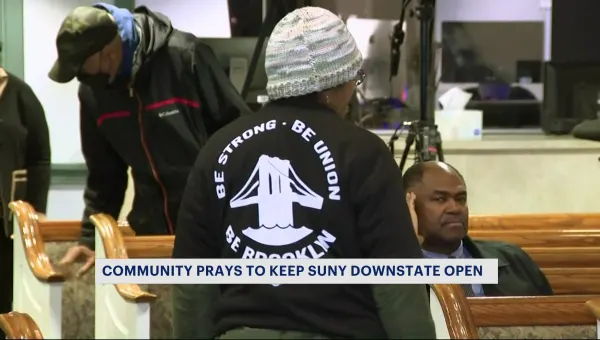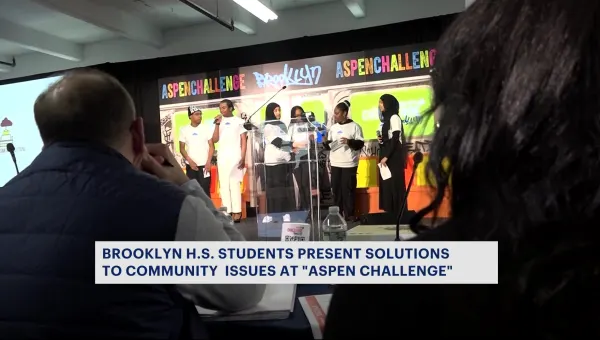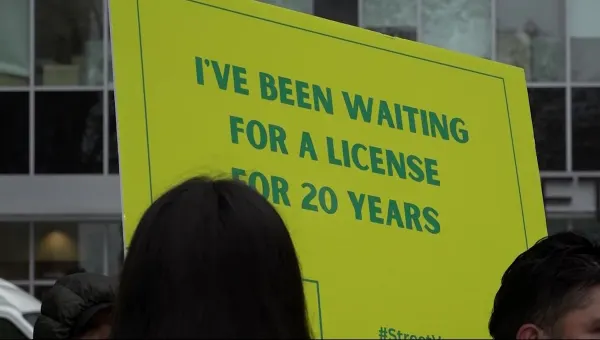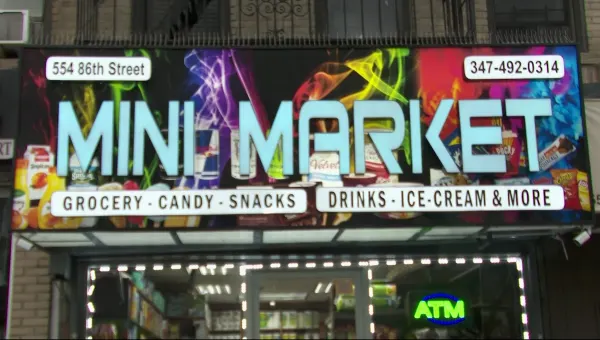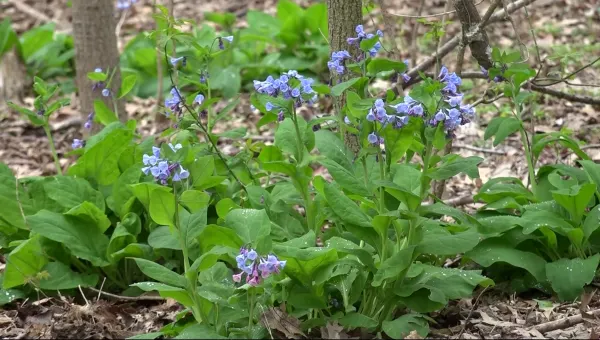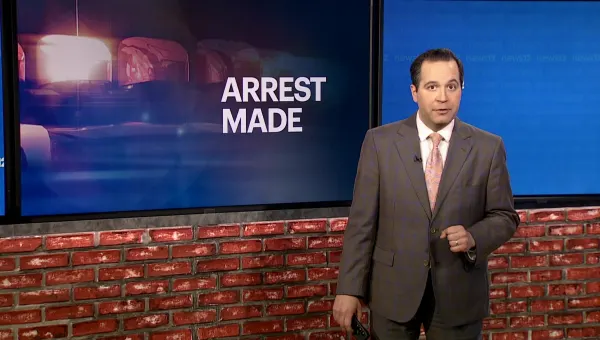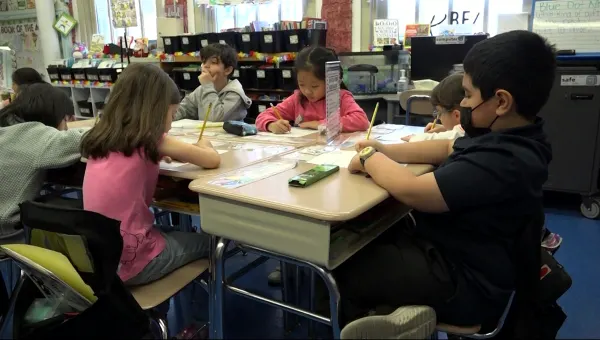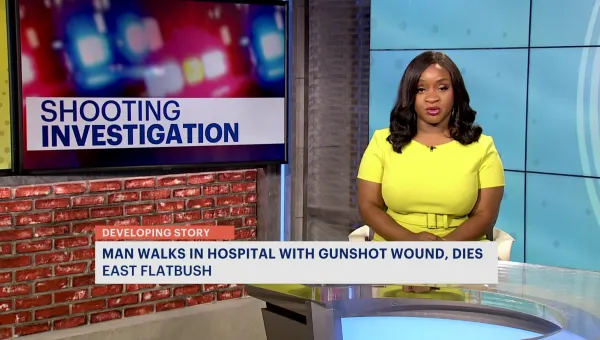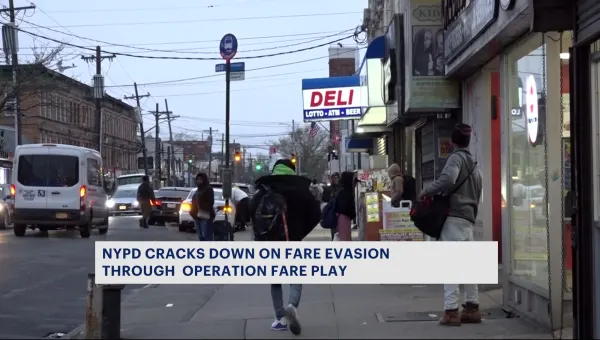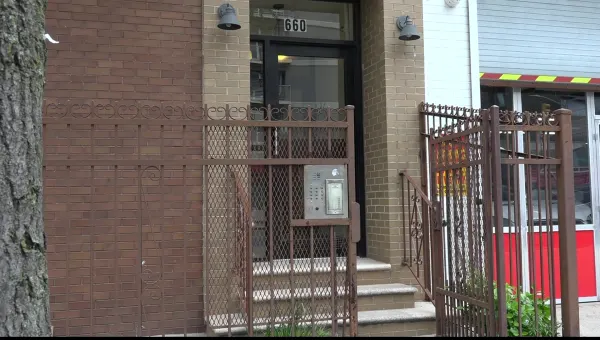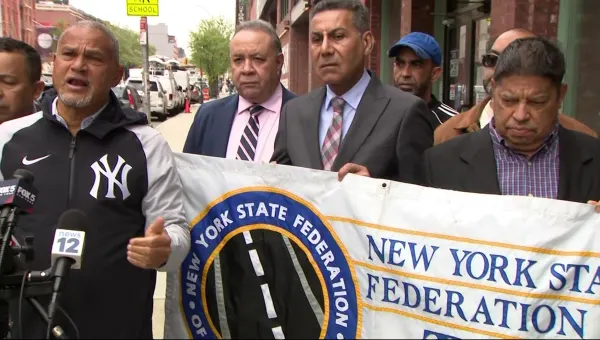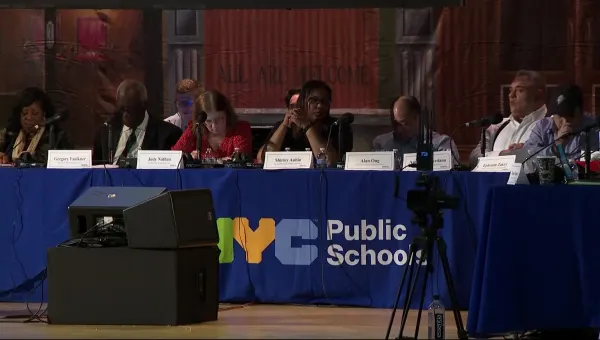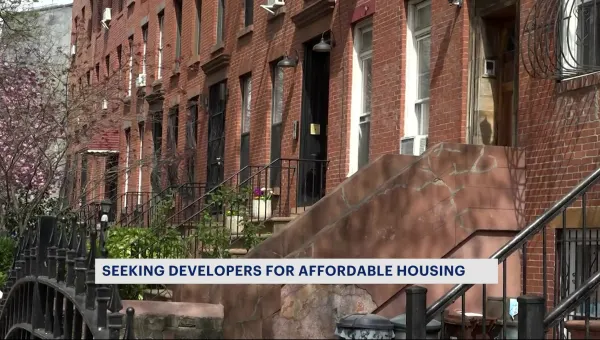Coronavirus: What you need to know
Here are a list of basic facts about the virus you need to know as the coronavirus outbreak progresses.
News 12 Staff
•
Mar 9, 2020, 5:02 PM
•
Updated 1,501 days ago
Share:
More Stories
1:48
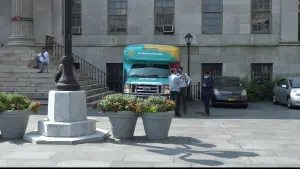
Mobile vaccine van parks at Brooklyn Borough Hall
981ds ago0:23
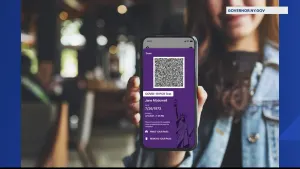
New Excelsior Pass Plus app extends beyond New York jurisdiction
987ds ago
Your Coronavirus 2020 Photos
1,185ds ago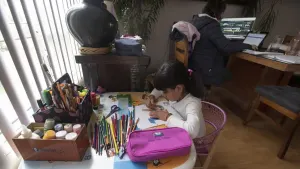
10 online learning tools for students to use at home
1,246ds ago11:21:40
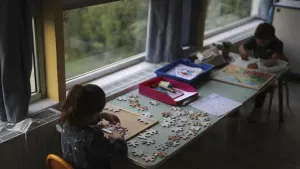
6 tips for home schooling children and remote learning
1,246ds ago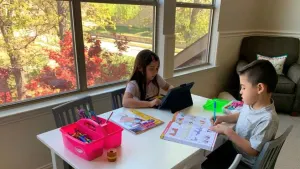
7 online remote learning tools for educators
1,246ds ago1:48

Mobile vaccine van parks at Brooklyn Borough Hall
981ds ago0:23

New Excelsior Pass Plus app extends beyond New York jurisdiction
987ds ago
Your Coronavirus 2020 Photos
1,185ds ago
10 online learning tools for students to use at home
1,246ds ago11:21:40

6 tips for home schooling children and remote learning
1,246ds ago
7 online remote learning tools for educators
1,246ds agoWith new developments flying around the internet and social media, it can be difficult to separate fact from fiction when it comes to the coronavirus. Here are a list of basic facts about the virus you need to know as the outbreak progresses. All information taken from the CDC, their website has additional detailed information and resources about the coronavirus.
How COVID-19 Spreads
Person-to-person spread
The virus is thought to spread mainly from person-to-person.
-Between people who are in close contact with one another (within about 6 feet).
-Through respiratory droplets produced when an infected person coughs or sneezes.
Person-to-person spread
The virus is thought to spread mainly from person-to-person.
-Between people who are in close contact with one another (within about 6 feet).
-Through respiratory droplets produced when an infected person coughs or sneezes.
These droplets can land in the mouths or noses of people who are nearby or possibly be inhaled into the lungs.
Can someone spread the virus without being sick?
-People are thought to be most contagious when they are most symptomatic (the sickest).
-Some spread might be possible before people show symptoms; there have been reports of this occurring with this new coronavirus, but this is not thought to be the main way the virus spreads.
-People are thought to be most contagious when they are most symptomatic (the sickest).
-Some spread might be possible before people show symptoms; there have been reports of this occurring with this new coronavirus, but this is not thought to be the main way the virus spreads.
Spread from contact with contaminated surfaces or objects
It may be possible that a person can get COVID-19 by touching a surface or object that has the virus on it and then touching their own mouth, nose, or possibly their eyes, but this is not thought to be the main way the virus spreads.
It may be possible that a person can get COVID-19 by touching a surface or object that has the virus on it and then touching their own mouth, nose, or possibly their eyes, but this is not thought to be the main way the virus spreads.
How easily the virus spreads
How easily a virus spreads from person-to-person can vary. Some viruses are highly contagious (spread easily), like measles, while other viruses do not spread as easily. Another factor is whether the spread is sustained, spreading continually without stopping.
How easily a virus spreads from person-to-person can vary. Some viruses are highly contagious (spread easily), like measles, while other viruses do not spread as easily. Another factor is whether the spread is sustained, spreading continually without stopping.
The virus that causes COVID-19 seems to be spreading easily and sustainably in the community (“community spread”) in some affected geographic areas.
What is 'Community Spread?'
Community spread means people have been infected with the virus in an area, including some who are not sure how or where they became infected.
Community spread means people have been infected with the virus in an area, including some who are not sure how or where they became infected.
Watch for symptoms
Reported illnesses have ranged from mild symptoms to severe illness and death for confirmed coronavirus disease 2019 (COVID-19) cases.
Reported illnesses have ranged from mild symptoms to severe illness and death for confirmed coronavirus disease 2019 (COVID-19) cases.
The following symptoms may appear 2-14 days after exposure.*
-Fever
-Cough
-Shortness of breath
-Fever
-Cough
-Shortness of breath
Prevention and Treatment
Prevention
There is currently no vaccine to prevent coronavirus disease 2019 (COVID-19). The best way to prevent illness is to avoid being exposed to this virus. However, as a reminder, CDC always recommends everyday preventive actions to help prevent the spread of respiratory diseases, including:
Prevention
There is currently no vaccine to prevent coronavirus disease 2019 (COVID-19). The best way to prevent illness is to avoid being exposed to this virus. However, as a reminder, CDC always recommends everyday preventive actions to help prevent the spread of respiratory diseases, including:
-Avoid close contact with people who are sick.
-Avoid touching your eyes, nose, and mouth.
-Stay home when you are sick.
-Cover your cough or sneeze with a tissue, then throw the tissue in the trash.
-Clean and disinfect frequently touched objects and surfaces using a regular household cleaning spray or wipe.
-Follow CDC’s recommendations for using a facemask.
-CDC does not recommend that people who are well wear a facemask to protect themselves from respiratory diseases, including COVID-19.
-Facemasks should be used by people who show symptoms of COVID-19 to help prevent the spread of the disease to others. The use of facemasks is also crucial for health workers and people who are taking care of someone in close settings (at home or in a health care facility).
-Wash your hands often with soap and water for at least 20 seconds, especially after going to the bathroom; before eating; and after blowing your nose, coughing, or sneezing.
-If soap and water are not readily available, use an alcohol-based hand sanitizer with at least 60% alcohol. Always wash hands with soap and water if hands are visibly dirty.
These are everyday habits that can help prevent the spread of several viruses. CDC does have specific guidance for travelers.
-Avoid touching your eyes, nose, and mouth.
-Stay home when you are sick.
-Cover your cough or sneeze with a tissue, then throw the tissue in the trash.
-Clean and disinfect frequently touched objects and surfaces using a regular household cleaning spray or wipe.
-Follow CDC’s recommendations for using a facemask.
-CDC does not recommend that people who are well wear a facemask to protect themselves from respiratory diseases, including COVID-19.
-Facemasks should be used by people who show symptoms of COVID-19 to help prevent the spread of the disease to others. The use of facemasks is also crucial for health workers and people who are taking care of someone in close settings (at home or in a health care facility).
-Wash your hands often with soap and water for at least 20 seconds, especially after going to the bathroom; before eating; and after blowing your nose, coughing, or sneezing.
-If soap and water are not readily available, use an alcohol-based hand sanitizer with at least 60% alcohol. Always wash hands with soap and water if hands are visibly dirty.
These are everyday habits that can help prevent the spread of several viruses. CDC does have specific guidance for travelers.
Treatment
There is no specific antiviral treatment recommended for COVID-19. People with COVID-19 should receive supportive care to help relieve symptoms. For severe cases, treatment should include care to support vital organ functions.
There is no specific antiviral treatment recommended for COVID-19. People with COVID-19 should receive supportive care to help relieve symptoms. For severe cases, treatment should include care to support vital organ functions.
People who think they may have been exposed to COVID-19 should contact their healthcare provider immediately.
Steps to help prevent the spread of COVID-19 if you are sick
